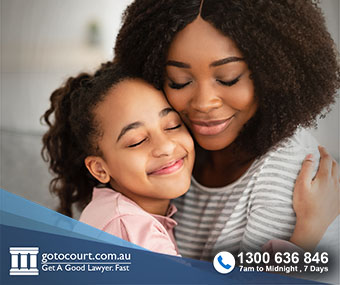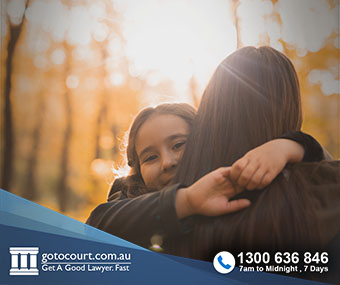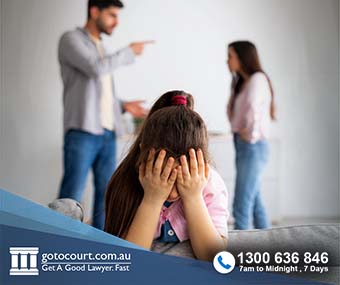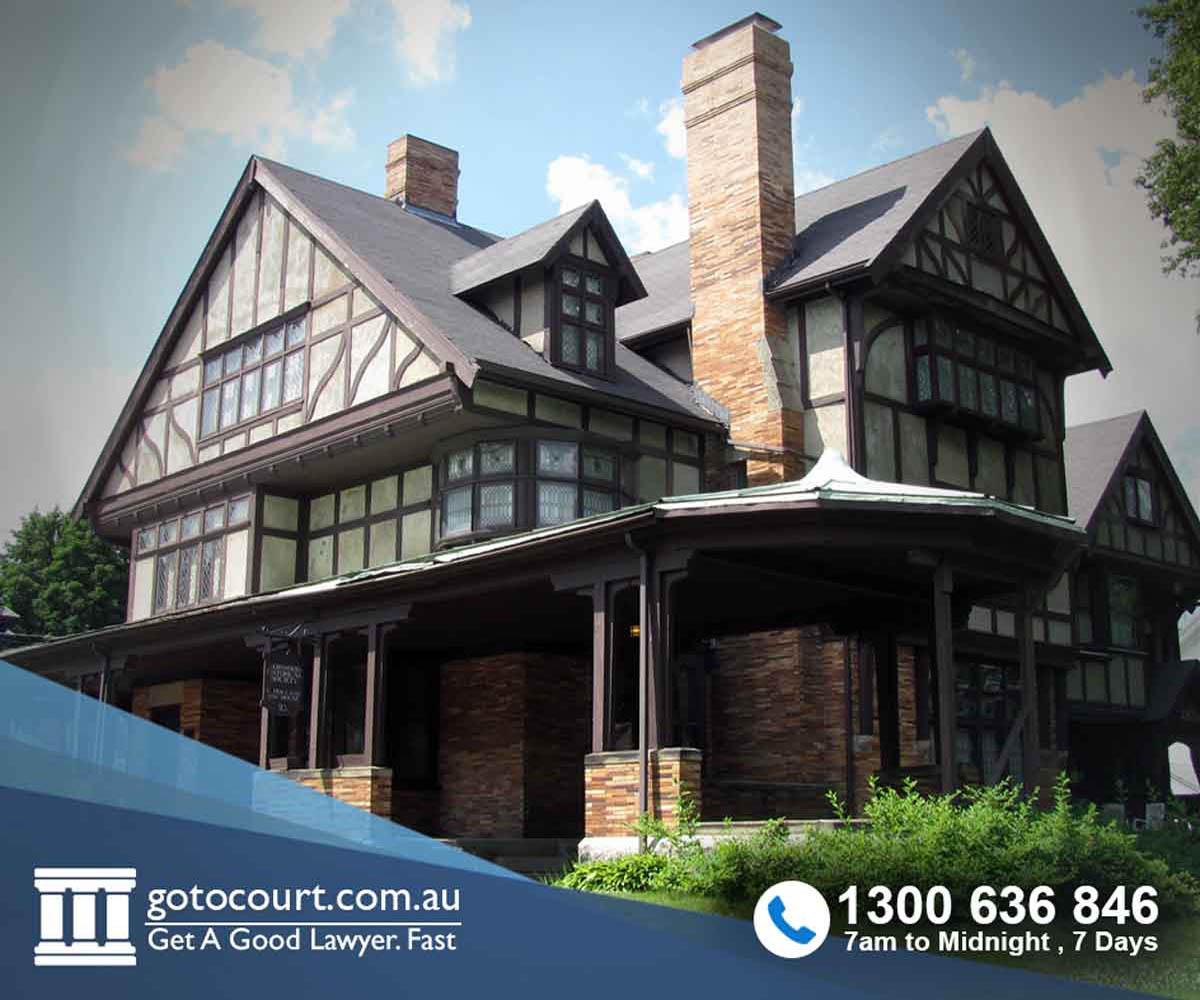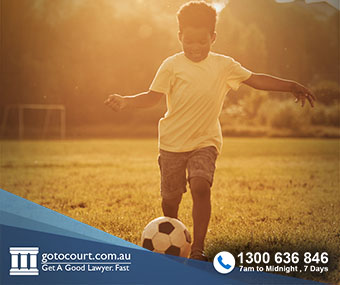Family Reports in Australian Parenting Cases
Family Reports in Australian Parenting Cases
The laws regarding family reports are found in the Family Law Act 1975 and the Federal Circuit and family Court of Australia (Family Law) Rules 2012.
Why is a family report being made?
Section 62G(1) of the Family Law Act 1975 allows the court to order a family report if the care, welfare and development of a child is relevant to a family law proceeding.
A family report will often be ordered if the court believes that a report will help with the process of determining a child’s best interests. For example, the court may need a family report before it can properly consider the additional considerations set out in section 60CC of the Family Law Act 1975.
The report may also provide important insights into the views, relationships and family attachments of the children involved in the dispute.
The court may order a family report on its own initiative or after a party to the proceedings makes an application. In cases where an Independent Children’s Lawyer (ICL) has been appointed, the ICL will usually seek a family report order.
Who writes the family report?
The family report will be written by a family consultant, who will be either a psychologist or a social worker. Family consultants are recognised as expert witnesses for children’s matters and are appointed because they have experience working with children and families.
The Federal Circuit and Family Court website has a detailed factsheet about family reports and family consultants and their wider role in the family law process.
What does a family report contain?
Section 62G(2) of the Family Law Act 1975 states the court may direct the family consultant to create a report focusing on whatever matters the court believes is desirable.
This allows the court to set out specific issues for the family consultant to address. However, the child’s best interests will always be the report’s main focus.
A family report may include information on a wide variety of factors, including:
- The child’s wishes and views;
- The nature of the child’s relationship with each parent and other significant adults;
- The likely effect that any change in circumstances may have on the child;
- The practical difficulty of the child spending time with either parent; and
- Any risks to the child (for example, family/ domestic violence or abuse).
The report will likely assess the parenting capacity of each party, by looking at the following:
- The attitude each parent demonstrates towards the child and the varied responsibilities of parenthood;
- The capacity of each parent, and other significant adults, to provide for the child’s needs (including their intellectual and emotional needs); and
- The willingness and ability of each parent to encourage and facilitate a continuing relationship between the other parent and the child.
The family report may also contain an overall history of the family, plus the personal histories of the parties and other significant people. This includes the parties’ accounts of events before and after separation.
Family consultants may also include any other matters the consultant believes are relevant to the child’s care, welfare or development.
The child’s views
The family report will always contain some information about the child’s views in relation to the parenting matter. This may include who the child wishes to live with.
Under section 62G(3A) of the Family Law Act 1975, the family consultant must ascertain the child’s views and include those views in the family report. However, the family consultant (or a parent or other adult) cannot force or otherwise require the child to express their views, if the child does not wish to do so.
The family consultant does not need to ascertain the child’s views if it would be inappropriate, considering the child’s age, maturity, or other special circumstance.
How are family reports made?
The family report can be made using information from a variety of sources, including interviews with the parties, affidavits and other reports filed in the case. If the court believes it is necessary, the proceedings may be adjourned until the family report is given to the court.
Appointments with the family consultant will be arranged after the report is ordered. The family consultant will use these appointments to conduct individual interviews with all parties involved in the case. Other people with strong connections to the child such as, grandparents or stepsiblings, may also be interviewed if the family consultant believes it is necessary.
The child will also be interviewed separately from the adults. This helps the family consultant ascertain the child’s views away from the potential influence of their parents. However, the family consultant may also schedule separate sessions to observe interactions between the child and their parents, or other significant people.
Interviews are usually conducted at the family consultant’s premises. Although the court’s Child Dispute Services Section is occasionally used. The interview process normally takes one day but it can stretch over several days if circumstances require it.
The information the parties provide to the family consultant is not confidential. Any relevant information will be included in the family report and is admissible as evidence in court.
The family consultant may also have access to affidavits filed by the parties, as well as any information which has been subpoenaed including medical, police or school reports.
What if I don’t attend the family report interviews?
Section 62G(5) of the Family Law Act 1975 allows the court to make any other orders it considers appropriate for the purposes of preparing the family report.
This means the court can order one or more of the parties to attend their family consultant appointments, and to make arrangements to ensure children attend their appointments.
If a party fails to comply with one of these orders or if a child fails to attend their appointment, the family consultant must report this failure to the court. The court may then give any further directions for preparing the family report that it considers appropriate in the circumstances.
Who sees the family report?
Rule 8.11 of the Federal Circuit and Family Court (Family Law) Rules 2012 allows the court to release copies of the family report to each party involved in the case (or their lawyers), to the Independent Children’s Lawyer, to child welfare authorities and to the convenor of a legal dispute resolution conference. However, the court may order that a report not be released to a person or that access to the report be restricted.
Section 121 of the Family Law Act 1975 makes it an offence to publish or distribute to the public, any part of a family law proceeding that identifies one or more of the parties, witnesses or other persons. This includes showing a family report to other people, contrary to the Rules and court orders.
Family consultant recommendations
Family reports may often contain recommendations about how parenting time and parental responsibility should be allocated between parties. The recommendations will reflect what the family consultant believes is in the child’s best interests, in particular their care, welfare and development needs.
The level of detail in these recommendations will vary between family consultants. Some family consultants will provide detailed recommendations, while others will make more general comments.
Evidence of the family consultant’s opinion is admissible under the Evidence Act 1995 (Cth) as an expert opinion.
How important is the family report?
The court may receive the family report as evidence in parenting proceedings under section 62G Family Law Act 1975 and Rule 8.11 Federal Circuit and Family Court (Family Law) Rules 2021.
The family report is only one piece of evidence the court may consider when making decisions and judges can decide whether to accept or reject the family consultant’s recommendations. However, family reports are often highly relevant and valuable to the court’s decision.
The court also recognises that family reports have their limitations. A person’s attitude and behaviour during a family report interview may be very different to their attitude and behaviour while in court. Family consultants do not usually have the opportunity to view all the available evidence and their recommendations may be based on incorrect facts or assumptions. Ultimately, a judge is not bound to accept the family report, and the family consultant’s recommendations should not replace the court’s role in the family law process.
Can I object to the family report?
If a party objects to the content of a family report, then they may challenge the report during the trial. This will involve calling the family consultant as a witness and cross-examining them about the report’s content, their assessment and their recommendations. The party challenging the report will need to notify the family consultant of this in writing at least 14 days before the trial.
If you have a complaint about a family consultant, you should discuss your concerns with your lawyer.
If you require legal advice or representation in any legal matter, please contact Go To Court Lawyers.

Affordable Lawyers
Our Go To Court Lawyers will assist you in all areas of law. We specialise in providing legal advice urgently – at the time when you need it most. If you need a lawyer right now, today, we can help you – no matter where you are in Australia.How It Works




1. You speak directly to a lawyer
When you call the Go To Court Legal Hotline, you will be connected directly to a lawyer, every time.

2. Get your legal situation assessed
We determine the best way forward in your legal matter, free of charge. If you want to go ahead and book a face-to-face appointment, we will connect you with a specialist in your local area.

3. We arrange everything as needed
If you want to go ahead and book a fact-to-face appointment, we will connect you with a specialist in your local area no matter where you are and even at very short notice.






